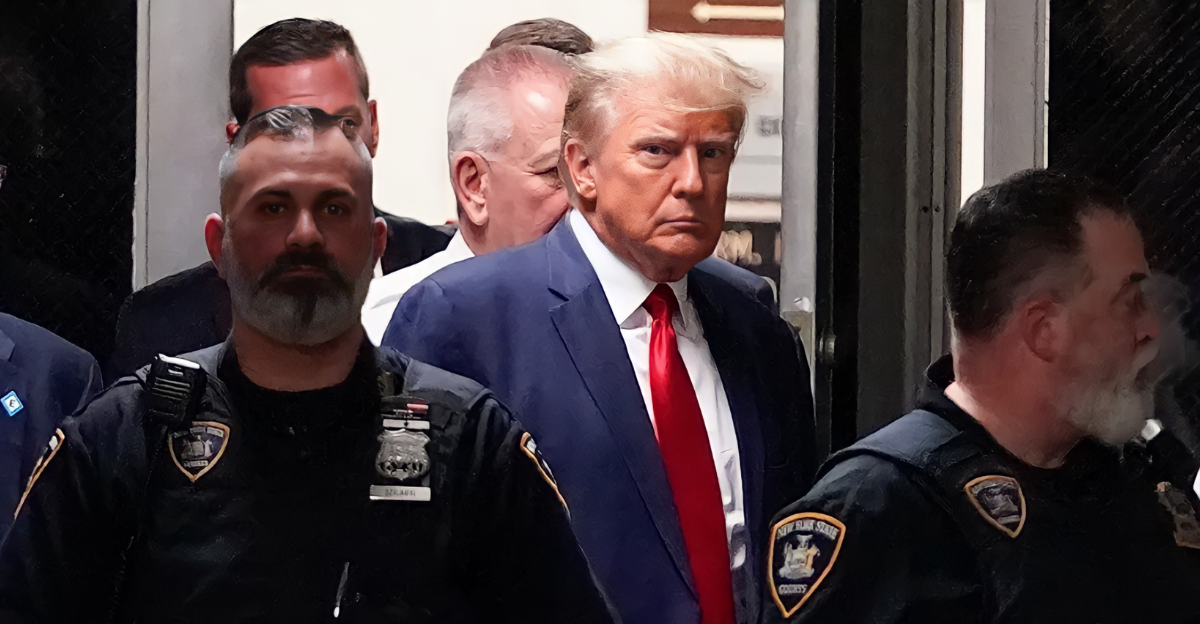
Health rumors surrounding President Donald Trump intensified dramatically in late August 2025 after several days without public appearances, according to The Daily Beast. Online posts claiming Trump had died reached over 1.3 million interactions before he was photographed heading to golf. Newsweek reports that the White House scheduled a mysterious Tuesday announcement to address mounting questions about the 79-year-old president’s condition.
Mental Health Experts Sound Unprecedented Warnings

Clinical psychologists have escalated their concerns about Trump’s cognitive abilities, with Dr. John Gartner describing “deteriorating psychomotor function” and signs consistent with frontotemporal dementia. The Hindustan Times indicates that experts point to Trump’s wide-based gait, verbal paraphasias, and behavioral changes as troubling symptoms. The World Mental Health Coalition issued a statement signed by fifty forensic psychiatrists listing symptoms of alleged deterioration.
Presidential Health History Sets Troubling Context

Presidential fitness concerns have plagued American politics for generations, but Trump’s situation presents unique challenges given his status as the oldest sworn-in president. BBC News confirms that Trump previously questioned Joe Biden’s mental acuity throughout the 2024 campaign, making similar scrutiny of his own cognitive abilities particularly significant. At 79, Trump holds the unprecedented record for age at inauguration, raising constitutional questions about leadership capacity.
Physical Symptoms Fuel Growing Speculation
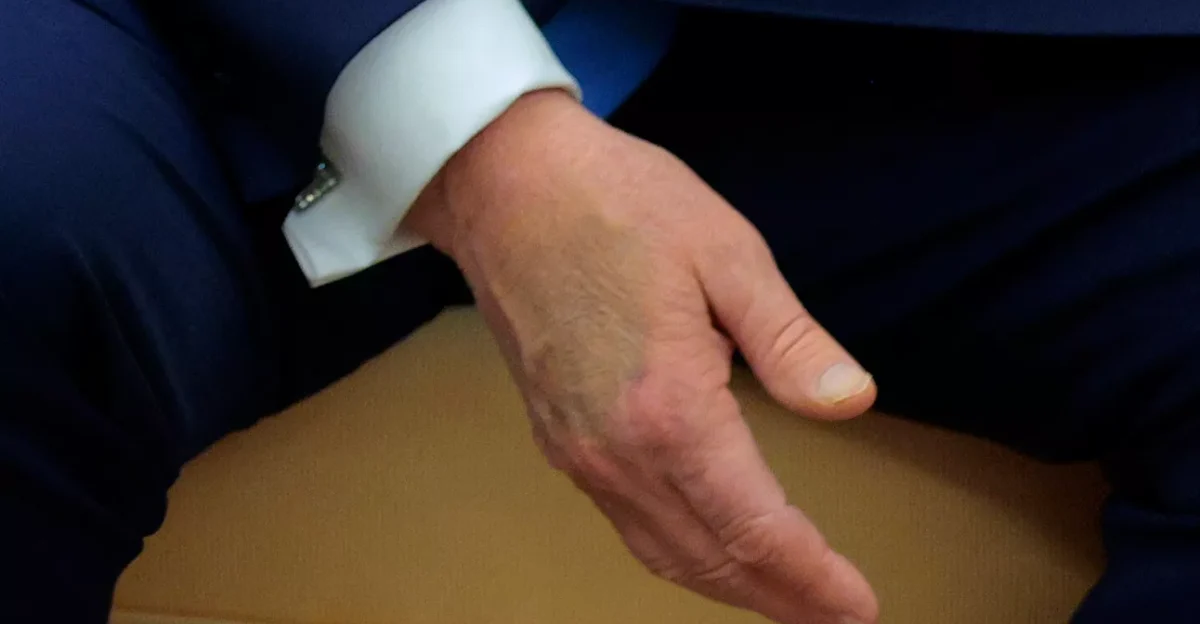
Visible bruising on Trump’s hands since February 2025 has combined with his chronic venous insufficiency diagnosis to fuel persistent health speculation, Forbes reports. White House physician Sean Barbabella attributes the bruising to handshaking demands and aspirin use, but photos show Trump attempting to conceal markings with makeup. Recent images reveal the full extent of discoloration after he appeared without concealer, intensifying public concern.
Observers have also noted Trump’s comments at public events that draw attention to his eyesight. At the May 1, 2025 National Day of Prayer, he said, “And we have some others, but I can’t see them. I just can’t… cannot see them, so I’m going to get myself in trouble,” after struggling to spot lawmakers in the audience—a remark widely tied to ongoing questions about his vision.
Cornell Expert Delivers Damning Assessment

Dr. Harry Segal of Cornell University warns that Trump shows “accelerating cognitive decline” evidenced by strange gait, phonemic paraphasia, and declining word complexity, according to university sources. Segal points to Trump’s abrupt decisions and inability to complete coherent sentences as concerning symptoms of possible frontotemporal dementia. The assessment suggests Trump has avoided events requiring spontaneous responses, including canceling interviews and debates that could expose cognitive limitations.
Vice President Acknowledges Presidential Succession Readiness
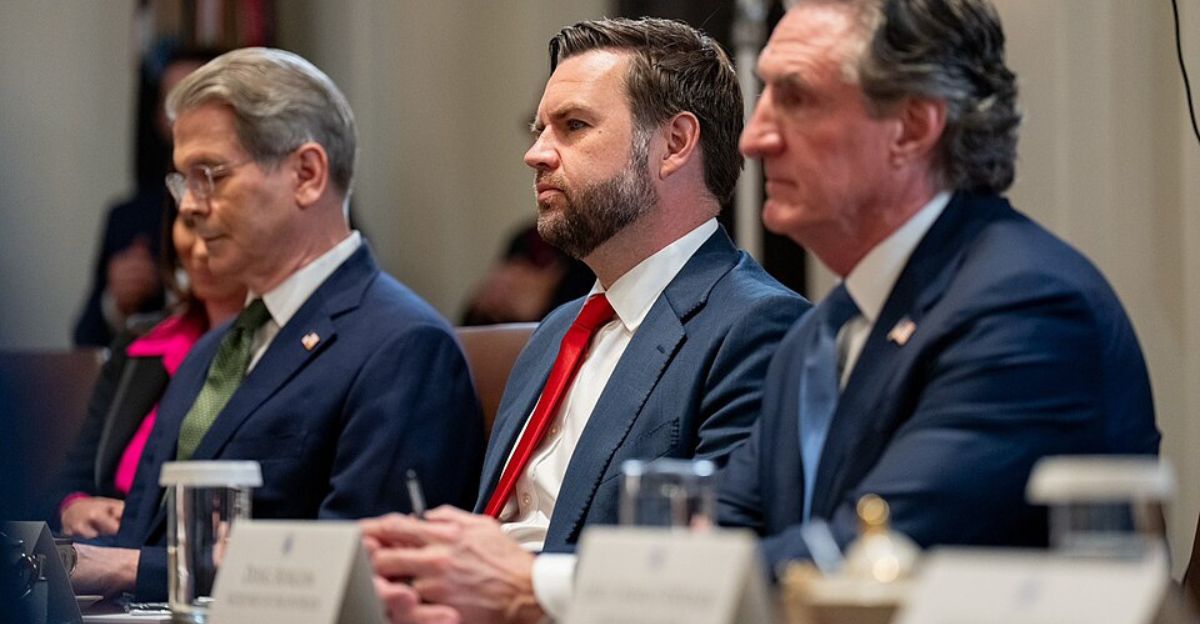
Vice President JD Vance acknowledged his readiness to assume presidential duties “if God forbid, there’s a terrible tragedy,” citing 200 days of intensive training, USA Today confirms. His comments came amid health speculation and Trump’s brief absence from public view during Labor Day weekend. Vance emphasized Trump’s “incredible energy” while simultaneously preparing for potential succession scenarios, a development that raised additional questions.
Family Members Express Direct Cognitive Concerns
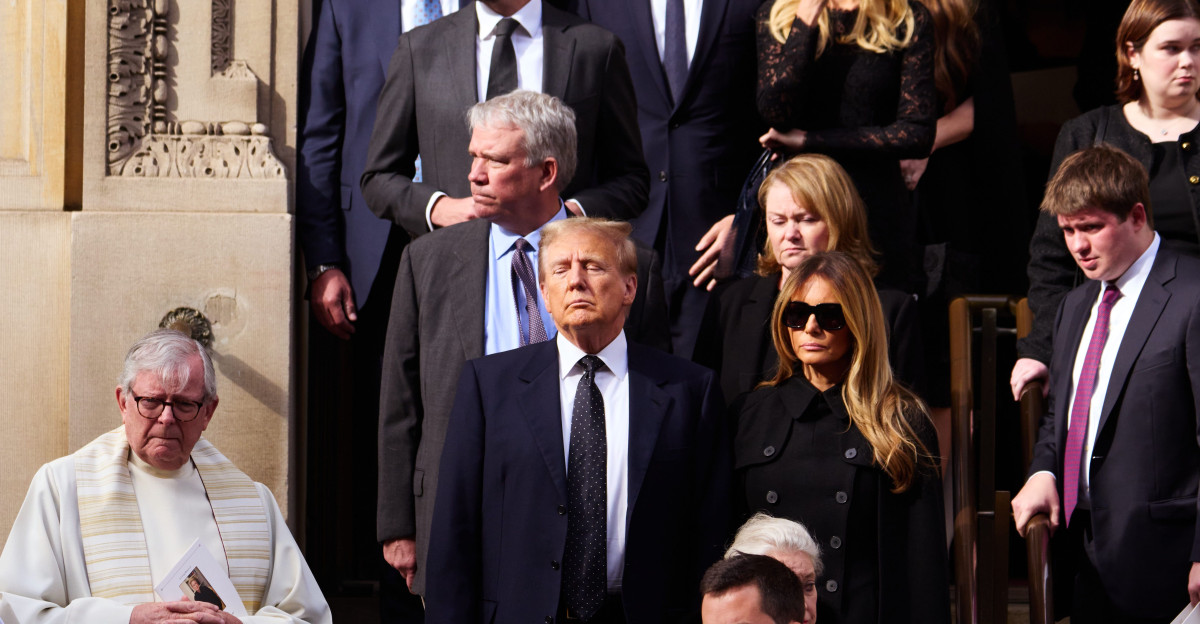
Trump’s niece Mary Trump, a clinical psychologist, describes observing “rapid decline” and concerning indicators of cognitive deterioration in her uncle, Israel Hayom reports. His nephew Fred Trump III notes troubling family history of dementia, referencing grandfather Fred Trump Sr.’s eight-year battle with Alzheimer’s disease. Both family members have publicly endorsed professional concerns about Trump’s mental fitness, adding personal testimony to expert assessments.
Former Officials Create Unprecedented Opposition Coalition

An extraordinary chorus of former Trump administration officials have warned against his leadership capacity, with John Kelly calling him “unfit” and Mark Esper labeling him a “threat to democracy,” the Associated Press confirms. Sarah Matthews, former Trump aide, describes it as “mind-boggling” how many senior staff members have denounced their former boss publicly. These criticisms represent the largest exodus of opposition from a former president’s inner circle in modern American history.
Medical Coalition Issues Coordinated Warning

The World Mental Health Coalition’s November 2024 statement lists specific symptoms including deteriorating language skills, memory impairment, tangential thinking, and behavioral disinhibition affecting Trump’s leadership capacity. Fifty medical professionals cited observable behaviors warranting public awareness of their implications for presidential decision-making. The assessment represents coordinated professional concern about cognitive function in the nation’s highest office, with experts calling media coverage inadequate.
Physical Manifestations Support Cognitive Decline Theory

Beyond speech concerns, Trump displays physical symptoms including wide-based gait typical of frontotemporal dementia and difficulty with motor functions, Mindsite News reports. Dr. John Gartner notes Trump’s physical deterioration from previously graceful movement to current mobility challenges requiring altered walking patterns. These observations complement speech-related symptoms in suggesting broader neurological concerns affecting both cognitive and motor functions simultaneously.
Constitutional Amendment Discussions Emerge Among Lawmakers
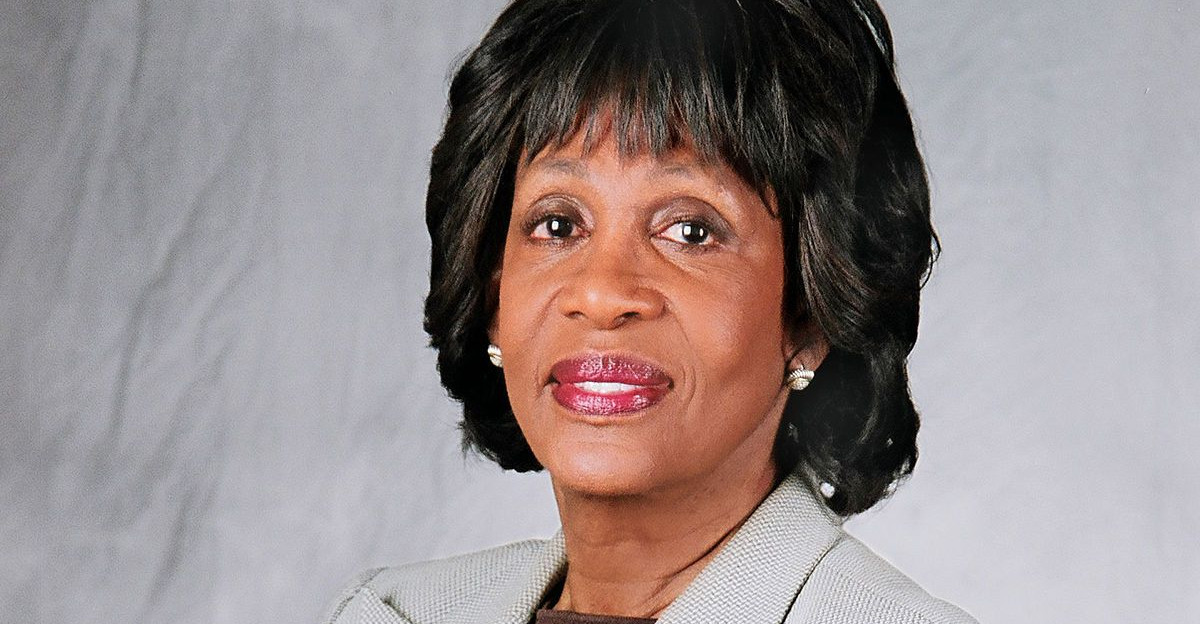
Discussions of the 25th Amendment have emerged within Democratic circles, with Representative Maxine Waters calling for constitutional action after Trump’s controversial Federal Reserve decisions, Newsweek confirms. The amendment allows removal of an incapacitated president through vice presidential and cabinet majority action followed by congressional approval. Though never invoked for mental fitness concerns, it represents constitutional recourse for presidential incapacity that could become increasingly relevant.
White House Maintains Health Claims Despite Growing Evidence
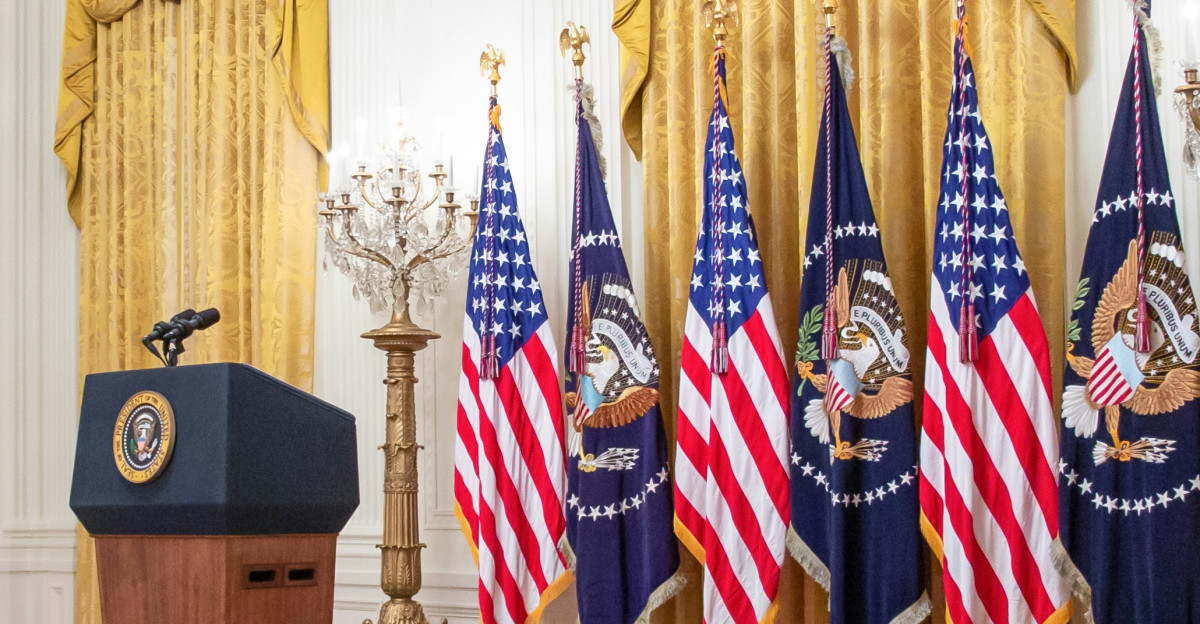
The administration maintains Trump is in “excellent health” following April 2025 medical examination, with physician Sean Barbabella reporting perfect cognitive test scores, BBC News states. Official statements attribute visible health concerns to minor conditions including chronic venous insufficiency and routine aspirin medication. The White House emphasizes Trump’s energy levels and continued engagement in presidential duties while dismissing expert assessments as politically motivated attacks.
Trump Attempts Public Relations Recovery Campaign

Trump has attempted to dispel health rumors through Truth Social posts claiming he “NEVER FELT BETTER IN MY LIFE” while maintaining an active golf schedule, The Independent reports. Public appearances aim to demonstrate vitality while addressing speculation about his physical and cognitive condition affecting leadership capacity. The scheduled Tuesday announcement represents a coordinated effort to address mounting concerns about presidential fitness through direct public communication.
Academic Experts Challenge Presidential Communication Patterns

Dr. Jennifer Mercieca of Texas A&M describes Trump’s communication patterns as suggesting cognitive decline, noting his inability to maintain coherent thoughts to logical conclusions, Yahoo News reports. Speech experts point to increasingly incoherent presentations and stream-of-consciousness patterns as concerning developments in presidential discourse. Academic observers question the sustainability of current cognitive function under the intense demands of presidential decision-making and international diplomacy.
National Security Implications Raise International Concerns

The convergence of expert assessments, family concerns, and former official warnings creates unprecedented scrutiny of presidential cognitive fitness during an active term with global implications. Questions about 25th Amendment application and succession planning reflect potential constitutional crisis scenarios that could affect international stability. These developments may reshape standards for presidential health transparency and fitness evaluation in future administrations.
Constitutional Scholars Debate Amendment Applications

Legal experts debate whether cognitive decline meets 25th Amendment standards for presidential removal, requiring demonstration of clear inability to discharge executive duties, NPR analysis shows. The amendment’s medical and political criteria create complex evaluation frameworks for mental fitness determination involving both clinical assessment and political judgment. Congressional action would ultimately decide contested incapacity claims through constitutionally mandated two-thirds majority requirements in both chambers.
Allied Nations Monitor American Leadership Stability

International partners monitor American presidential health stability amid global security challenges requiring consistent leadership capacity and diplomatic continuity, according to diplomatic sources. Intelligence communities assess potential succession scenarios and their impact on existing international agreements, military commitments, and economic partnerships. Diplomatic relationships may require adjustment to accommodate uncertainty about long-term American leadership continuity affecting global strategic planning.
Legal Precedents Face Unprecedented Testing
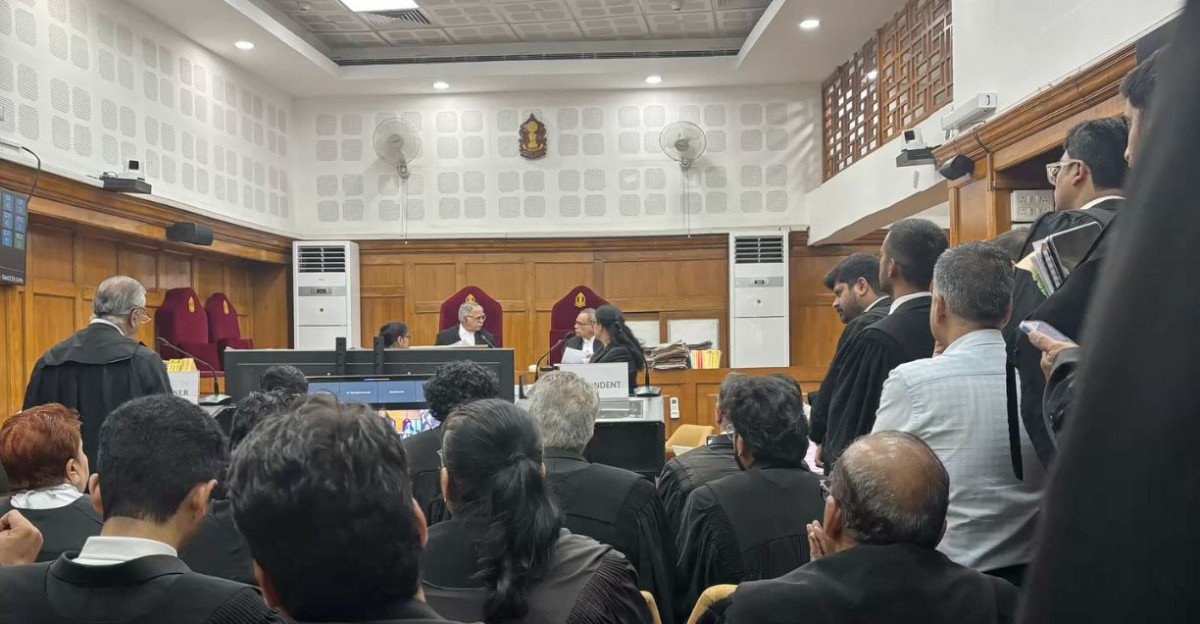
Potential 25th Amendment invocation would create unprecedented legal challenges regarding presidential power transfer and constitutional authority during contested incapacity proceedings involving medical evidence. Court systems might face complex questions about medical evidence standards and the distinction between political opposition and clinical determinations of fitness. Legal precedents for presidential health evaluation remain largely unestablished in American constitutional jurisprudence.
Cultural Attitudes Toward Leadership Age Undergo Transformation

Public discourse about presidential aging and cognitive decline reflects changing societal attitudes toward leadership capacity in advanced age and professional longevity expectations. Social media amplification of health speculation creates new dynamics in political transparency and public information access affecting democratic accountability. Generational perspectives on fitness standards may influence future presidential selection criteria and evaluation processes.
Democracy Faces Unprecedented Presidential Fitness Test

The intersection of medical assessment, political opposition, and family concern represents an unprecedented challenge to presidential authority through health-related scrutiny with constitutional implications. These developments signal potential transformation in how American democracy addresses questions of leadership capacity and constitutional succession during active presidential terms. The ongoing situation tests institutional frameworks designed to protect governmental continuity amid leadership uncertainty.